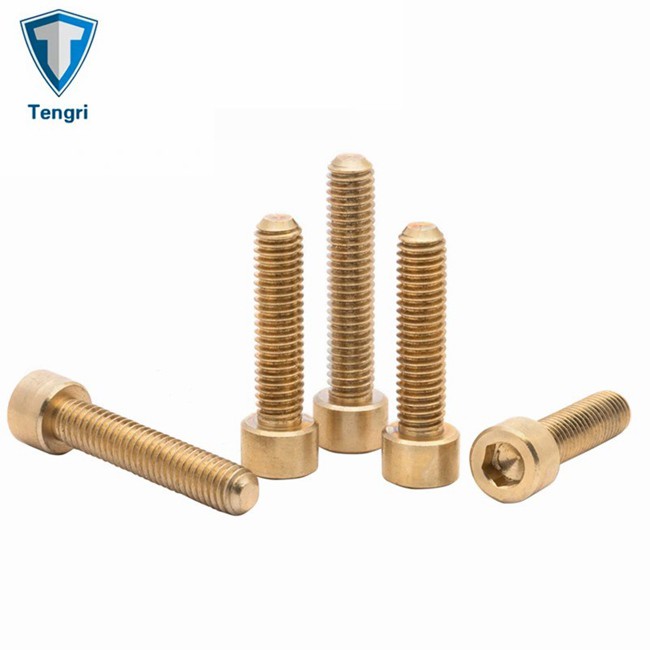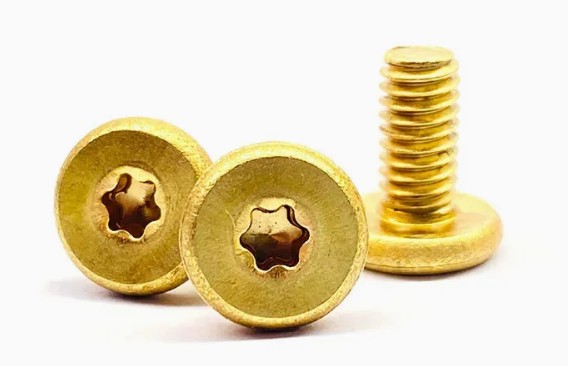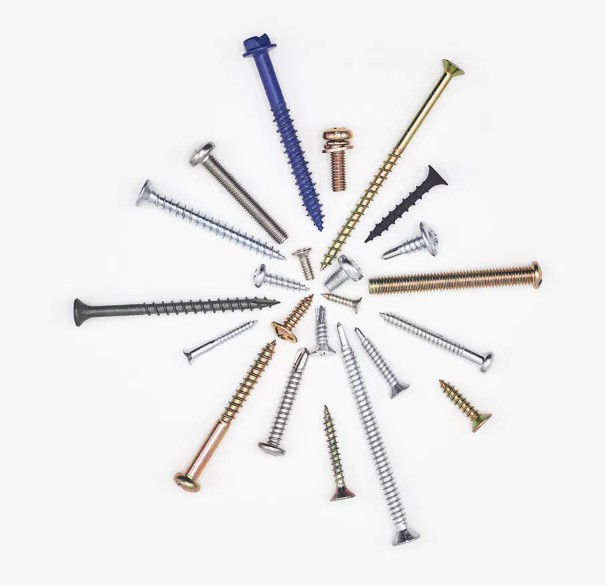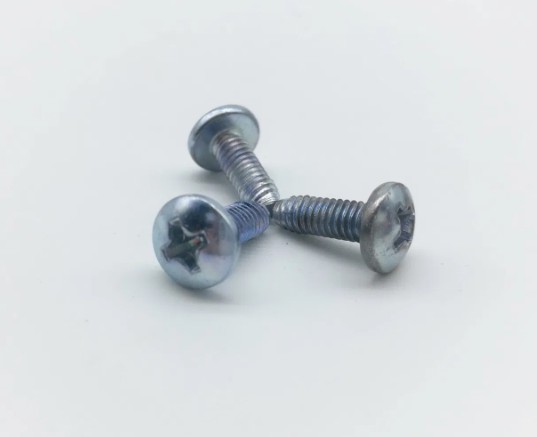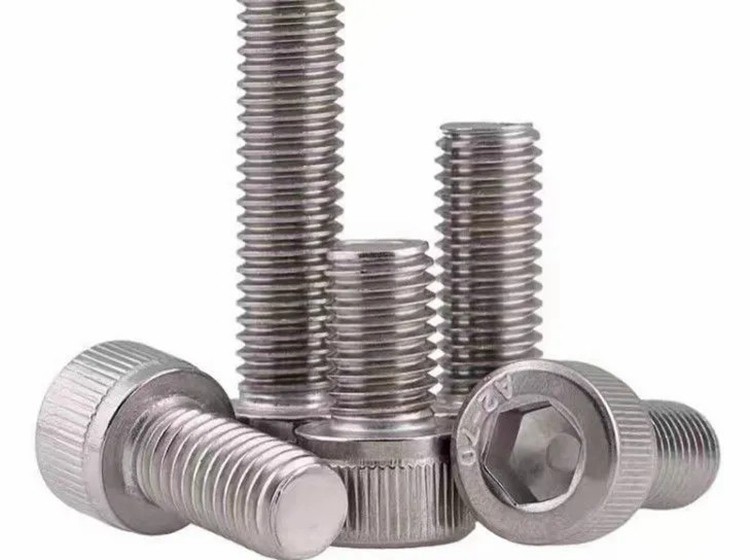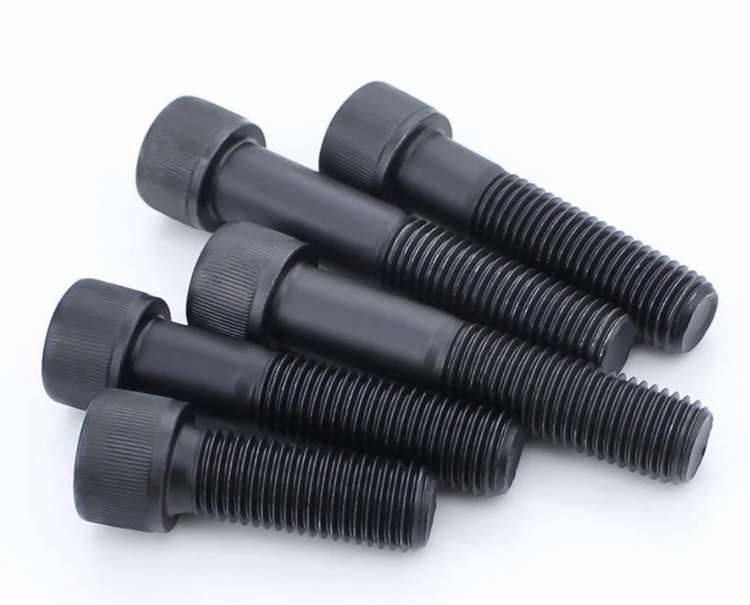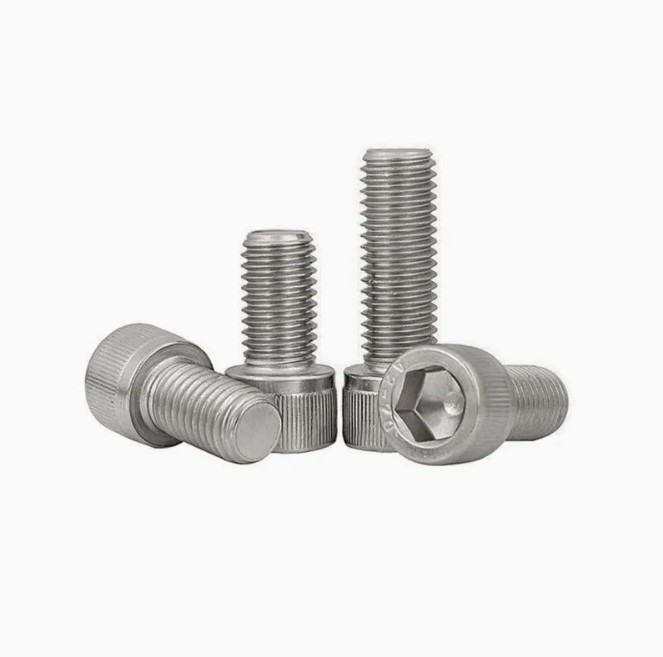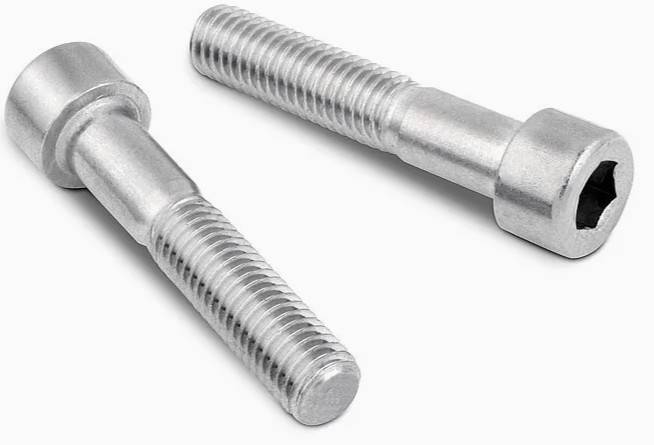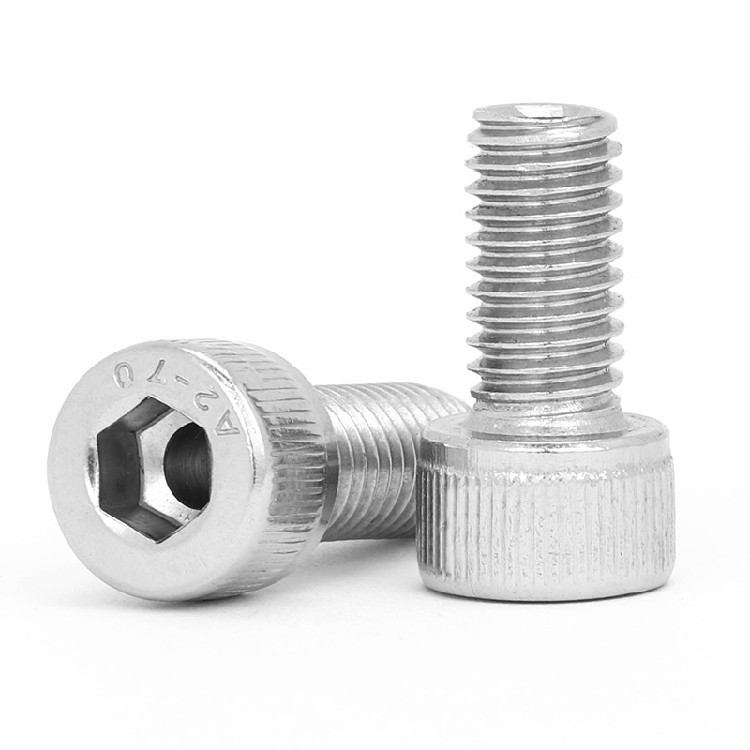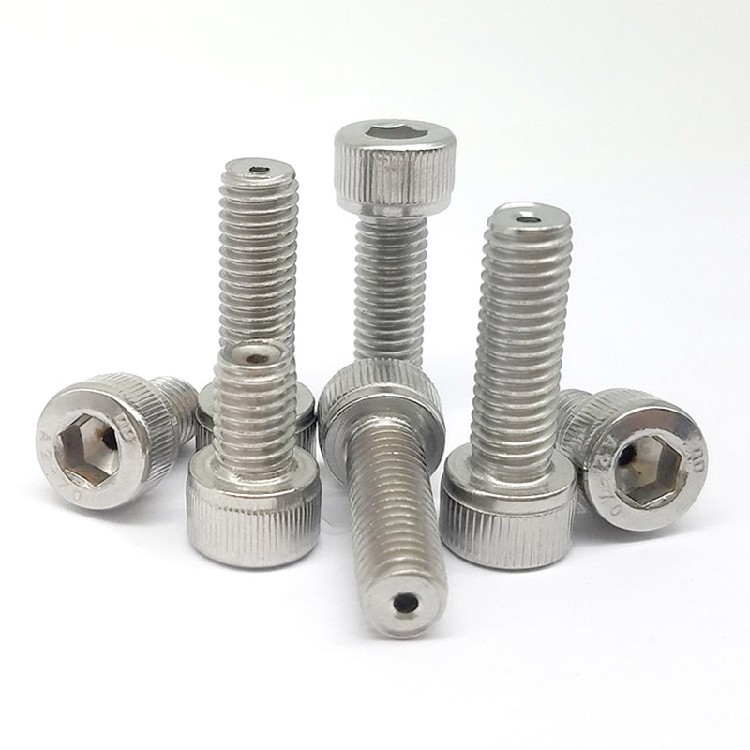Welcome!
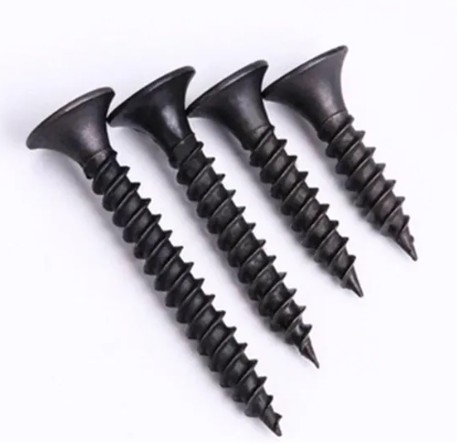

Customizable Size Alloy Hex Screws
Basic Info
| Certification | ISO, GS, CE | Delivery | 5-10 Days in Stock, 10-30 Days Not in Stock | MOQ | 1tons |
|---|---|---|---|---|---|
| Origin | Hebei, China | Specification | as Request | Thread | Fine Thread, Coarse Thread |
Product Description
In the world of industrial fastening, few components are as critical and versatile as the alloy hex screw. Engineered for strength, durability, and reliability, these screws are the backbone of countless assemblies across industries. This guide delves deep into what makes alloy hex screws exceptional, their advantages, applications, and answers to common questions.

What Are Alloy Hex Screws?
Alloy hex screws are threaded fasteners characterized by their hexagonal heads, designed for driving with a wrench or socket. What sets them apart is their composition: they are crafted from high-strength alloy steels, often incorporating elements like chromium, molybdenum, or nickel. These alloys are meticulously heat-treated through processes like quenching and tempering to achieve specific mechanical properties, such as high tensile strength and exceptional resistance to corrosion and wear. The hexagonal head provides a large gripping surface, allowing for high torque application and secure fastening, even in high-stress environments.
Key Advantages of Choosing Alloy Hex Screws
The decision to use alloy hex screws is driven by a multitude of benefits that directly impact the performance and longevity of a product. Their most significant advantage is their remarkable strength-to-weight ratio. The alloy composition and heat treatment result in a fastener that can withstand immense tensile and shear stresses without deforming or failing, making them far superior to standard carbon steel screws. This inherent strength also allows for the use of smaller or fewer fasteners in a design, potentially reducing weight and material costs.
Furthermore, these screws offer outstanding corrosion resistance. Many alloy hex screws are coated or plated with materials like zinc, cadmium, or chromium, or are made from stainless steel alloys, providing a robust barrier against rust and degradation in harsh environments, including exposure to chemicals, moisture, and extreme temperatures. Their durability ensures a long service life, reducing maintenance needs and replacement costs. The simple, six-sided design facilitates easy installation and removal with common tools, minimizing the risk of stripping the head and streamlining assembly and disassembly processes.
Primary Applications and Use Cases
The robust nature of alloy hex screws makes them indispensable in a wide array of applications where failure is not an option. In the automotive and aerospace industries, they are used extensively to assemble engines, chassis components, and airframe structures, where vibrations and dynamic loads are constant challenges. The manufacturing sector relies on them for heavy machinery, conveyor systems, and precision equipment, ensuring that critical joints remain secure under continuous operation.
The construction and infrastructure sectors utilize high-grade alloy hex screws in structural steelwork, bridges, and seismic retrofitting projects. Their ability to maintain clamp force under tension is vital for structural integrity. Additionally, they are found in consumer products that demand reliability, such as high-performance bicycles, agricultural equipment, and renewable energy installations like wind turbines. Essentially, any application requiring a high-strength, dependable, and reusable fastener is a candidate for the alloy hex screw.
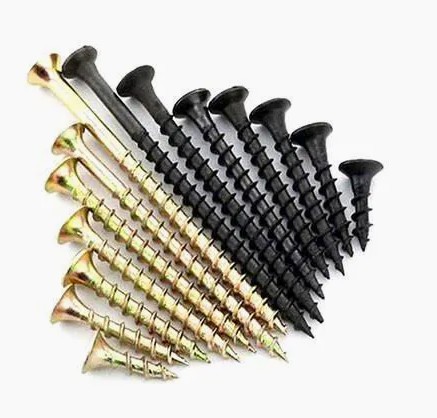
Frequently Asked Questions (Q&A)
Q1: How does the grade of an alloy hex screw affect its performance?
A: The grade, often marked on the screw's head, is a direct indicator of its mechanical properties, specifically its tensile strength and yield strength. Higher-grade screws, such as those meeting Grade 8 or Grade 9 specifications, are manufactured to withstand significantly higher stresses and are more resistant to fatigue and impact loading than lower-grade alternatives. Selecting the correct grade is paramount for the safety and functionality of the assembly.
Q2: Are alloy hex screws suitable for outdoor or marine environments?
A: Yes, but the specific alloy and coating must be chosen with care. For highly corrosive environments like marine applications, alloy hex screws made from austenitic stainless steel (e.g., 316 grade) are preferred due to their excellent resistance to saltwater corrosion. For other outdoor applications, screws with a hot-dip galvanized coating provide a thick, protective layer that offers long-lasting protection against the elements.
Q3: What is the difference between a hex screw and a hex bolt?
A: The terms are often used interchangeably, but a general distinction lies in their intended use. A hex bolt is typically designed to be used with a nut and often features a partially threaded shank. A hex screw is usually intended to be driven into a tapped hole (an internal thread in a material) and is often fully threaded. However, the functional difference in many contexts is minimal.
Q4: Can I reuse alloy hex screws?
A: While alloy hex screws are generally more durable and can often be reused, it is a practice that requires caution. It is not recommended for critical, high-stress applications. Each time a screw is torqued, it experiences elastic stretch. Reusing screws, especially those that have been heavily loaded, can lead to fatigue and potential failure. Always inspect used screws for any signs of wear, stretching, or thread damage before considering reuse.
Q5: How do I determine the correct torque for an alloy hex screw?
A: Applying the correct torque is essential for achieving the proper clamp load without damaging the screw. The appropriate torque value depends on several factors, including the screw's grade, diameter, thread pitch, and the lubrication on the threads. Manufacturers provide detailed torque charts based on these parameters. Using a calibrated torque wrench and following these guidelines is the only way to ensure a joint is fastened correctly and safely.
Choosing the optimal alloy hex screw requires careful consideration of several factors. First, analyze the mechanical demands of your application, including the required tensile, shear, and fatigue strength. Next, evaluate the environmental conditions, such as exposure to moisture, chemicals, or extreme temperatures, to select the appropriate material and coating. Finally, ensure the screw's dimensions—diameter, length, and thread pitch—are compatible with the materials you are joining. Consulting with a knowledgeable supplier or referring to engineering specifications can prevent costly mistakes and ensure a secure, long-lasting fastening solution. By understanding their properties and applications, you can harness the full potential of alloy hex screws to create stronger, safer, and more reliable products.
Recommended Products
Recently Viewed
Contact Us
SHANGHAI TENGRI METAL PRODUCTS CO., LTD.

